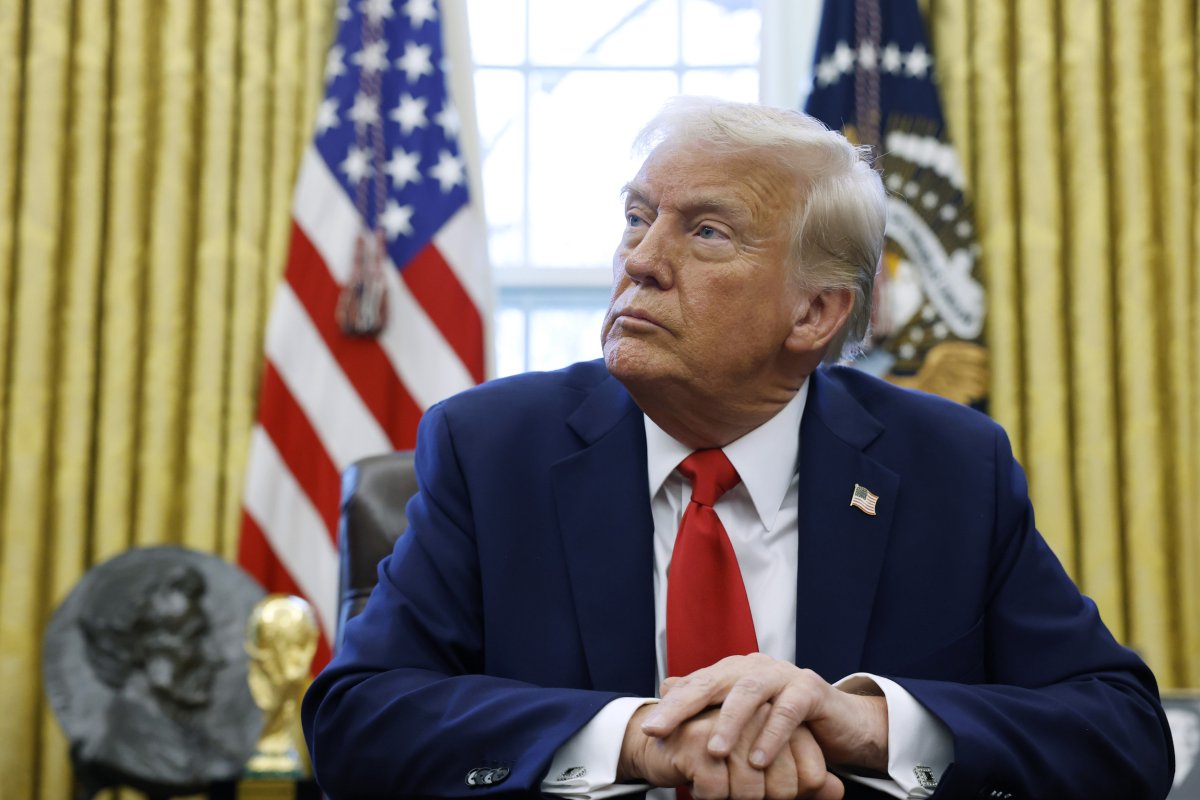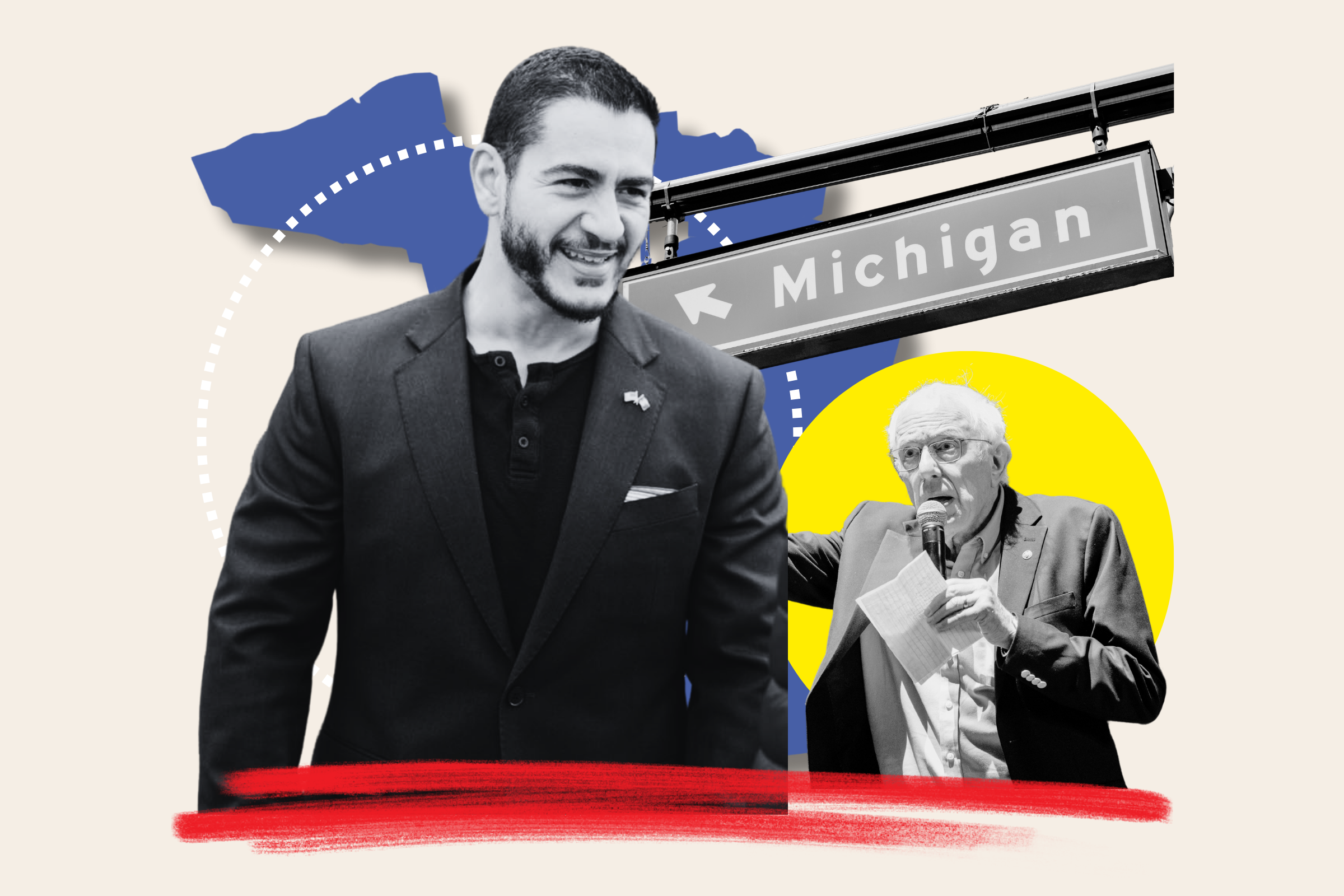🎙️ Voice is AI-generated. Inconsistencies may occur.
In a significant shift in policy, the Consumer Financial Protection Bureau (CFPB) has seen a halt in most of its operations, casting doubt on the enforcement of regulations designed to limit "junk fees" impacting millions of Americans.
This development follows a directive from Russell Vought, the newly appointed acting director of the CFPB and current director of the Office of Management and Budget (OMB) under President Donald Trump's administration.
Newsweek reached out to the CFPB for comment via email on Tuesday.
Why It Matters
Junk fees, often hidden or unexpected charges that can inflate consumer costs, have been targeted by the CFPB in recent years under the leadership of former director Rohit Chopra. The bureau had put forth regulations that would cap certain banking fees, which it said would save consumers billions annually.
For instance, a rule was set to limit overdraft fees to $5 or the actual cost incurred by the bank, which was projected to save consumers $5 billion a year. Another rule aimed at capping credit card late fees at $8 was expected to save $10 billion annually. However, these consumer savings are now up in the air as the CFPB freeze puts regulations on hold.

What To Know
The halt of the CFPB's activities affects all its operations, including enforcement against unfair, deceptive or abusive acts and practices and pausing rule-making activities. This leaves rules that were close to implementation, such as those targeting junk fees, in a state of uncertainty.
"Even if the CFPB survives in some form, the current leadership of the CFPB will most likely rescind most, if not all, Rules or guidance provided during the Biden Administration," attorneys Christi A. Lawson, Natasha Dempsey and Whitney Nicholas of Foley & Lardner LLP, who specialize in consumer law, finance and class action litigation, told Newsweek.
The group notes that despite the lack of federal oversight, various states have enacted or are enacting bans and restrictions on certain fees, offering some state-level protections. Moreover, past bipartisan support for safeguarding consumers against "junk fees" suggests that Congress might contemplate legislative action in this area.
"But, what we expect to differ from the CFPB's current Rules is that the definition of 'junk fees' will be more limited," they added.
The freeze has elicited mixed reactions, with some in the banking sector welcoming the pause as a relief from what they consider overreaching regulations that hinder financial innovation and product offerings.
However, consumer advocacy groups are alarmed, noting the vulnerability of consumers to exploitative practices without these protections.
"Reversing these rules would be harmful to a lot of people," Adam Rust, the director of financial services for the Consumer Federation of America, told Consumer Reports last week.
The recent upheaval at the CFPB extends beyond policy changes, with significant shifts in leadership that put a spotlight on the agency's current instability. On Tuesday, news broke that assistant director for enforcement Eric Halperin and assistant supervision director Lorelei Salas resigned, stating they could no longer fulfill their roles under the new directives.
What People Are Saying
Attorneys Christi A. Lawson, Natasha Dempsey and Whitney Nicholas of Foley & Lardner LLP told Newsweek: "We think the entire consumer financial industry is in a bit of a wait-and-see mode, but due to the states' abilities to regulate certain fees, if they haven't already, companies are likely to move forward with reviewing their current practices and making some compliance adjustments based on the states in which they do business."
Greg McBride, senior vice president and chief financial analyst at Bankrate, told Newsweek: "The CFPB had a very broad range of oversight and in many areas of financial services, they haven't been the only regulator. The question is whether having one fewer set of eyes watching over things increases the odds of unfair, deceptive, or consumer unfriendly practices taking place."
Toni Jackson, partner at Crowell & Moring in the litigation and labor & employment groups, told Newsweek: "The shuttering of the CFPB is a big loss for consumers, whose sole purpose was to protect consumers after the 2008 financial crisis and sub-prime lending crisis. As a result, rollbacks to the regulations that reduce the junk fees that can be passed along to the account holder (consumer) will result in more monies paid by said account holders to the banks/companies.
With the increased use of AI and other high-tech products in use in the very complex financial market, the disappearance of any regulations to protect consumers will make everyday people more susceptible to predatory practices, hidden fees, and data privacy policies.
On the other hand, the financial institutions who have fallen under the purview of the CFPB maintain that the roll back/elimination of fees and other regulations, will be beneficial to smaller consumers who will not have to have minimum balances to have accounts at banks."
The White House's "rapid response" account, Rapid Response 47, wrote on X Monday: "The 'Consumer Financial Protection Bureau' (the brainchild of Elizabeth Warren) has long functioned as another woke, weaponized arm of the bureaucracy that leverages its power against certain industries and individuals disfavored by so-called 'elites.'"
Russ Vought, director of the Office of Management and Budget (OMB), wrote on X, formerly Twitter on Saturday: "Pursuant to the Consumer Financial Protection Act, I have notified the Federal Reserve that CFPB will not be taking its next draw of unappropriated funding because it is not "reasonably necessary" to carry out its duties. The Bureau's current balance of $711.6 million is in fact excessive in the current fiscal environment. This spigot, long contributing to CFPB's unaccountability, is now being turned off"
According to a fact sheet issued by Democratic Representative Maxine Waters on Saturday: "The CFPB has ordered institutions like Navy Credit Federal Union, Regions Bank, and Atlantic Union to refund millions of dollars to customers who've been harmed by the bank's illegal surprise overdraft fees. Not only that, last month, the CFPB finalized a rule to generally limit overdraft fees to $5."
What Happens Next
The future of the CFPB and its initiatives under the Trump administration remains uncertain. Legal challenges to the halt are expected, and how these challenges are resolved will greatly affect the regulatory landscape.
"Things have been changing fast so who knows what will happen. But it is hard to imagine these go into effect as things stand," McBride said.
fairness meter
About the writer
Claire Dickey is a Newsweek senior editor based in Florida. Her focus is reporting on personal finance news, with extensive ... Read more




